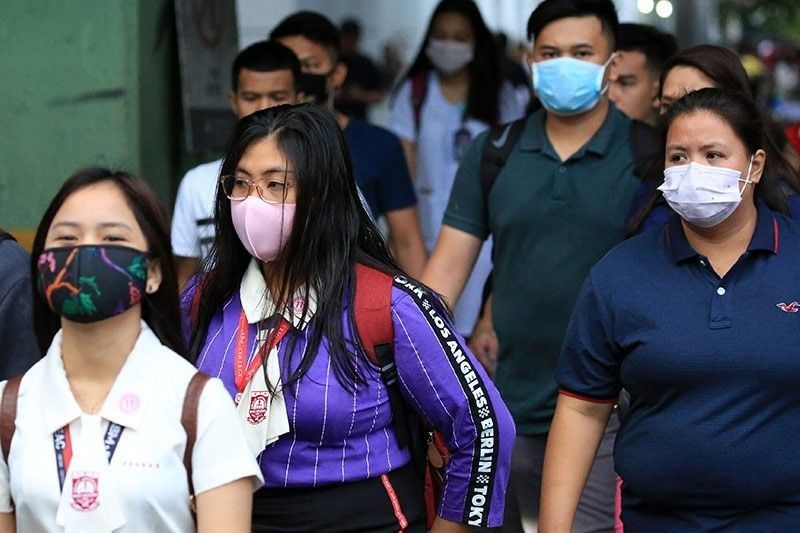Filipinas still bearing the brunt of unpaid care work — study

MANILA, Philippines — A study by Oxfam Pilipinas found that Filipino women in this day and age still bear the burden of two full-time jobs: one, managing their day jobs, while the other is tending to chores when they come home.
Oxfam Pilipinas commissioned the Women and Gender Institute (WAGI) of Miriam College for the study, which involved 232 respondents. All of the respondents are full-time employees in the business process outsourcing industry, wherein half of them are breadwinners.
“Women are still pressured to do more household chores and care work even while working full-time. Men are also still expected to be primary breadwinners of households,” said Leah Payud, Oxfam Pilipinas' Resilience Portfolio Manager.
A key finding of the study was that balancing housework and a day job proved cumbersome for women, especially throughout the pandemic as work-from-home arrangements left many Filipinas looking after their children while holding down a full-time job.
Majority of the respondents hailed from Metro Manila (78%), while the rest were either from Metro Cebu (15%) or other parts of the country.
As it is, the call center industry proved to be one of the most resilient industries in the country amid a pandemic-induced economic downturn. Anecdotal evidence suggests many BPO firms hired more people amid the health crisis. Its strength has been such that the national government is pushing the industry to adopt a scheme that would see 70% of its workforce return to office spaces, with the receipts from the sector projected to grow 8% this year.
“Nevertheless, there’s a lot of potential for positive changes to occur among urban millennials. Also, due to the high rate of women employed in BPOs, the industry is a promising area to begin shifting gender norms for the better," Payud added.
Another worrisome gender stereotype persisted. Oxfam and WAGI study found that many considered men to be the ideal leader simply because they were still perceived as decisive, intentional and strong. Meanwhile, women are seen as tentative, emotional and indecisive.
Workplace discrimination still reigned over workplaces as respondents pointed out they could be discriminated against based on one's sexual orientation and gender identity.
But there were bright spots within the study, as urban millennials believe women could take up the cudgels of becoming breadwinners.
This is not the first study commissioned by Oxfam Pilipinas. The nonprofit organization earlier reported results of a household survey that found men spent more hours doing unpaid care work, especially during the pandemic. Despite that, the study still found women took on the bulk of tasks.
- Latest
- Trending






























